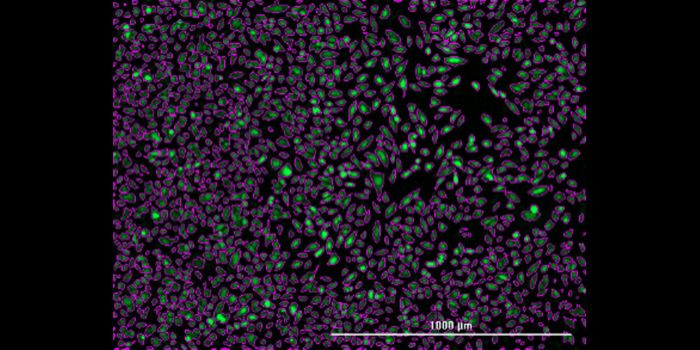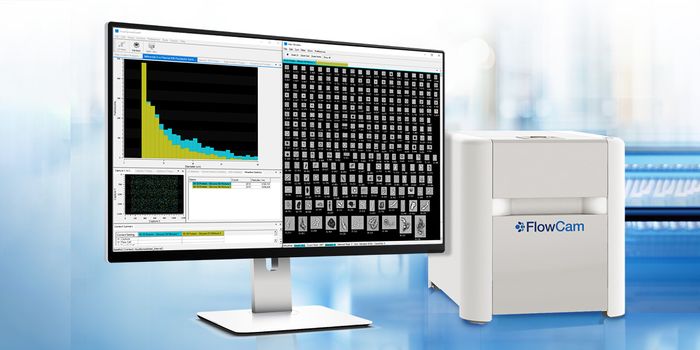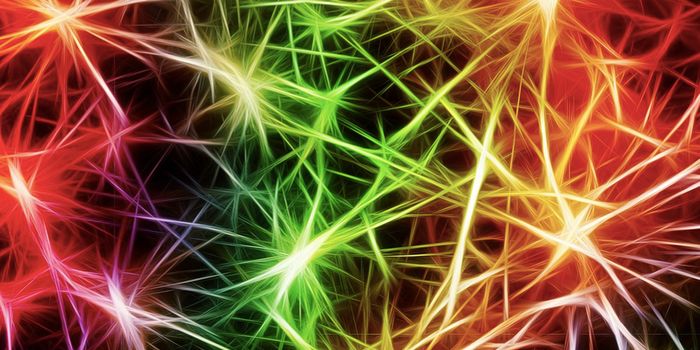Researchers Reverse Advanced Alzheimer's in Mice
Researchers from Macquarie University have found a way to reverse the effects of memory loss in mice with advanced dementia using gene therapy.
Gene therapy is the process in which genetic material is introduced to cells, usually via a viral vector, to replace abnormal genes and make beneficial proteins that correct various conditions.
Lars and Arne Ittner, brothers and researchers from Macquarie's Dementia Research Centre, have been researching dementia treatments for over a decade. Their recent research builds upon work begun in 2016 involving a gene therapy that uses an enzyme that occurs naturally in the brain, p38gamma.
All in all, the brothers found that activating p38gamma both prevented and reversed memory-related effects in mice with advanced stages of Alzheimer's disease. After just two months of treatment, they said that the mice, 'at very old ages, suddenly behaved like their normal siblings'.
Their findings also suggest that the therapy could be effective for other forms of dementia too, such as frontotemporal dementia, which occurs in younger people in their 40's and 50's. The researchers also showed that the gene therapy is safe when taken at high doses over the long term, and has no adverse side effects.
"When we set out to develop this gene therapy we expected it to halt progression of dementia, but we were not expecting to see that it not only halts it, it completely reverted the memory loss that was already there when we started therapy." says Professor Lars Ittner.
The researchers are now looking to transition into human trials. To do so, both the researchers and the university are currently exploring partnerships with potential investors with pharmaceutical partners.
"It will be exciting to see how over 10 years of basic research to understand the mechanisms of Alzheimer's disease will finally transition into clinical development to eventually benefit those most in need, people living with dementia," adds Professor Lars Ittner.
Sources: Macquarie University, Medical Xpress, Neuroscience News









